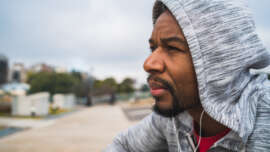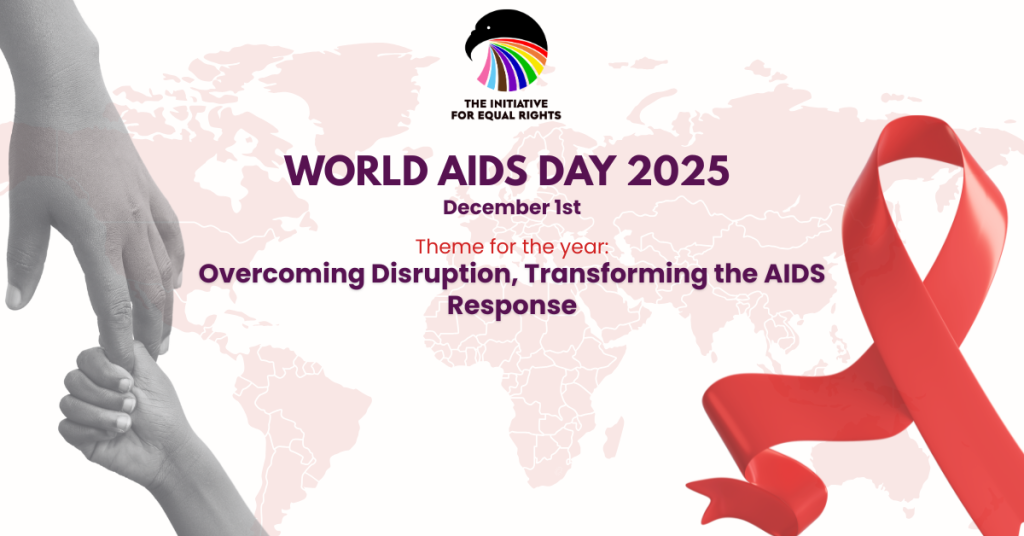The recent freeze on U.S. government international funding has sent shockwaves through the global health community, leaving advocacy organizations like The Initiative for Equal Rights (TIERs) grappling with the devastating consequences. While the political motivations behind such decisions are often complex, the human cost is tragically clear: lives are put at risk, progress in the fight against HIV/AIDS is jeopardised, and the safety, dignity, and rights of vulnerable populations are undermined.
For many years, U.S. funding has been a necessary lifeline for communities worldwide, supporting vital programs that provide access to life-saving HIV medication, prevention strategies, and essential healthcare services. These programs are not just about treating a disease; they are about empowering individuals, strengthening communities, and upholding the fundamental human rights of all. They represent a commitment to a healthier, more equitable world.
The sudden funding freeze throws this progress into disarray. Organisations like TIERs, which rely on these funds to provide necessary advocacy and life-saving HIV treatment services to over 300 PLHIV, are now grappling with difficult choices. We are forced to consider rationing ARV medication, scaling down prevention efforts, and potentially closing our clinic, which serves as a haven for marginalised communities. This is not a theoretical exercise; these are real-life decisions that impact real people.

The impact on access to HIV medication is particularly alarming. Consistent access to antiretroviral therapy (ART) is not just about survival; it’s about preventing transmission, allowing individuals to live full and productive lives, and building stronger, healthier communities. Disrupting this access has a ripple effect. It puts individuals at immediate risk of drug resistance, opportunistic infections, and ultimately, death. It also undermines years of hard-won progress in reducing HIV transmission rates.
Beyond the immediate health risks
The funding freeze also jeopardises the dignity and rights of vulnerable populations. These programs often provide more than just medication; they offer support, education, and a sense of community. They empower individuals to take control of their health and advocate for their rights. Cutting off this support leaves people feeling vulnerable, isolated, and stripped of their agency.
This is not just about numbers or budget lines; it’s about human lives. It’s about the mother who can no longer access the medication that keeps her healthy and able to care for her children. It’s about the young person who is denied access to PrEP, a crucial tool for preventing HIV transmission. It’s about the community that loses its safe space for necessary support and connection.
The current situation demands a swift and decisive response. We urge policymakers to recognise the devastating human cost of funding freezes and prioritise global health and human rights. We call on the international community to step up and fill the funding gap, ensuring that successes achieved in the fight against HIV/AIDS are not lost. And we implore everyone to remember that access to healthcare is not a privilege but a fundamental human right. We must all come together to protect that right and ensure that everyone, regardless of their background or circumstances, has the opportunity to live healthy, dignified lives. The time to show up and act is now.


